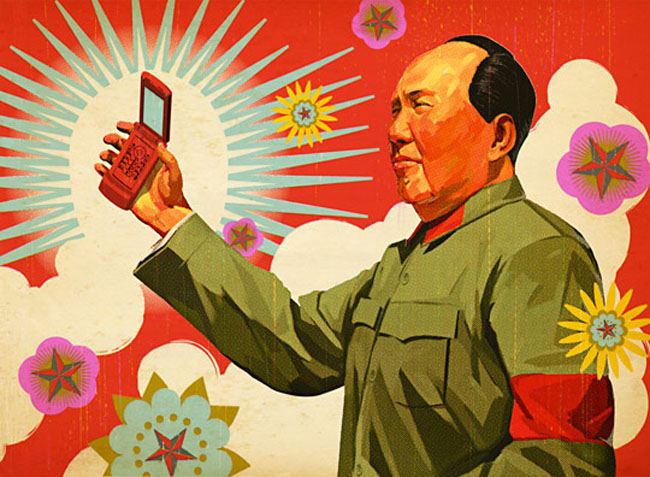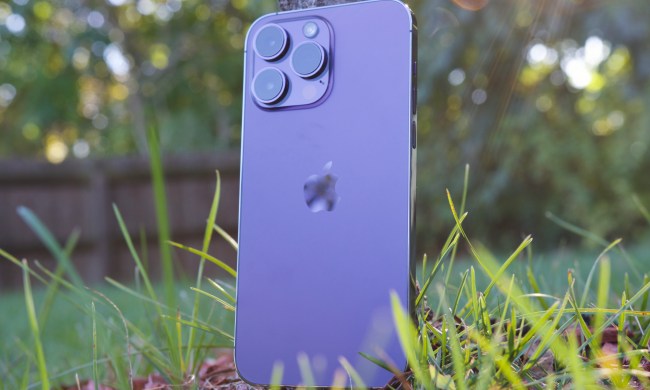
China’s Big Brother continued its path to omnipresence this week with a new plan to track the 17 million people who live in the capital city of Beijing using their cell phones, reports The Next Web.
The plan, entitled “Platform for Citizen Movement Information, isn’t actually so nefarious — at least not on its surface. According to China’s government, the initiative is intended to help improve public transportation, and reduce traffic congestion.
The “Citizen Movement Information” plan will first debut in Beijing, where approximately 70 percent of residents use mobile phones. When a phone is turned on, it is automatically registered with a central “base station.” The plan’s staff can then detect how far from the base station a particular phone is, and determine their exact location, and where they travel throughout the day.
China’s Deputy Director of Social Development, Li Guonguang, says that tracking where citizens go with their cell phones provides real-time information to help establish better urban planning, and societal functionality.
The Social Development staff can analyze the data collected through the tracking technology, and target specific problem areas, and even pinpoint what time of day those areas have the most congestion.
Of course, all this might sound like a good idea — they are planning on using the information to improve city life, after all. But to those skeptical of China’s ruling Communist Party, this plan sounds like nothing less than a horrifying expansion of power by the government. And, if you didn’t already know, you should be skeptical.
China is legendary for using technology to impose restrictions on its citizens. For instance, Chinese officials recently unveiled plans to increase censorship of the country’s online activities, in an attempt to quell social uprisings and silence political dissidents. This is on top of the already notorious “Great Firewall of China,” which sanitizes the Internet to the government’s over-controlling standards.
So beware Bejing-ers — someone could soon be watching you.


